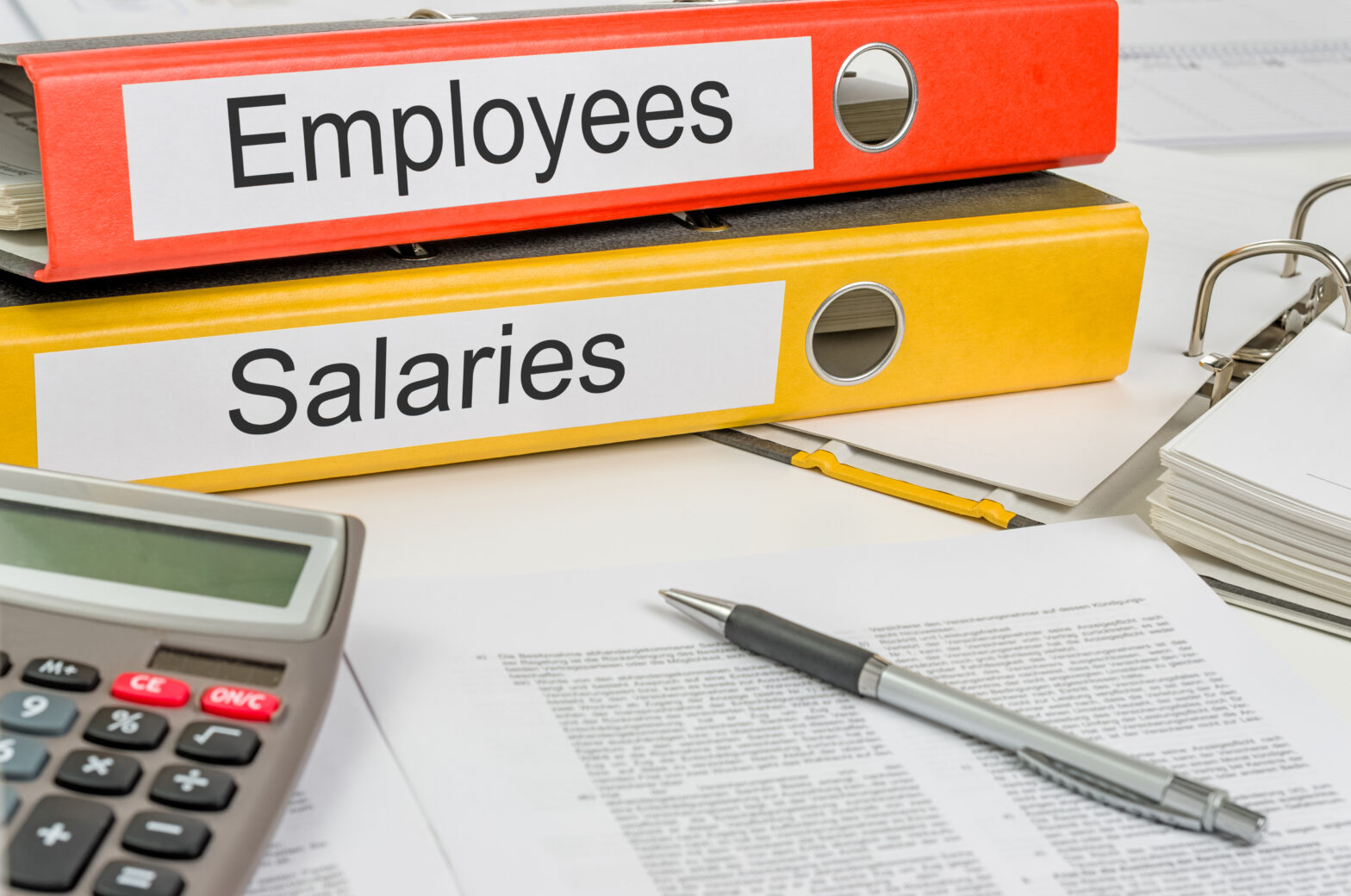The National Living Wage (NLW) is a new compulsory minimum wage of £7.20 per hour for the over 25s.
The government has set a target for the NLW to rise to the equivalent of 60 per cent of average earnings by 2020.
Based on the latest projections, this will mean the NLW will increase to approximately £9.15 per hour in 2020, although this is subject to change.
The Federation of Small Businesses (FSB) believes the Low Pay Commission, the independent body that advises government on the minimum wage, should be free to deviate from this target if it becomes apparent that the economy cannot afford it.
While many small companies already pay their staff above NLW and will not be affected, others will find it a significant challenge and face difficult choices in order to pay for the higher wage bill, the organisation says.
In October last year, the FSB surveyed its members to find out how small businesses expected to adapt to the new NLW. The research found well over a third (38 per cent) of small employers expect the new NLW of £7.20 an hour to negatively impact their business, with just 6 per cent of businesses thinking the policy would have a positive impact on their business.
When asked to consider the projected rise in the NLW to at least £9 an hour by 2020, more than half (54 per cent) said it will have a negative impact.
Businesses in the wholesale and retail sector, and those working in accommodation and food services, were most likely to say the NLW will have a negative impact. In addition, businesses in Yorkshire, the West Midlands, Wales and the South West were among the most likely to cite a negative impact.
Businesses that said they would be negatively impacted were asked how they will adapt to the new NLW when it comes in. Just over half (52 per cent) said they would put off hiring new staff while 50 per cent said they would raise their prices.
Other steps businesses expected to take to manage the higher wage level included: cutting staff hours (41 per cent), reducing staff numbers (31 per cent), cancelling or postponing planned investments (29 per cent) and eroding pay differentials by freezing or cutting the wages of higher paid staff (26 per cent).
Almost a third of businesses owners expected to absorb the cost through reduced profits (29 per cent).
FSB national chairman Mike Cherry says that, with the new National Living Wage coming into force, all employers have a legal duty to make sure they pay their staff the correct wage.
‘Small businesses are playing their part by creating jobs and boosting pay packets wherever they can.
‘Our research suggests that over half of small firms already pay their staff more than the voluntary Living Wage, but those that don’t are often operating in highly competitive sectors with very tight margins.’
Cherry adds that, while it is easy to say everyone deserves a pay rise, the only way to deliver and sustain higher wages in the long run is to improve productivity, boost skills and drive business growth.
‘Without the right type of productivity growth, there is a real risk that in many sectors higher enforced statutory wages will lead to fewer jobs being created, fewer hours for existing staff and, unfortunately in some cases, job losses.’
It is important that the independent Low Pay Commission continues to play a central role in setting minimum wages, Cherry says.
‘This includes having the ability to recommend that the government deviates from its plan to raise the National Living Wage to over £9 an hour by 2020, if it becomes apparent that the economy cannot afford it.’





